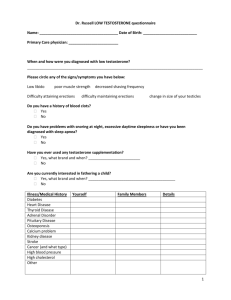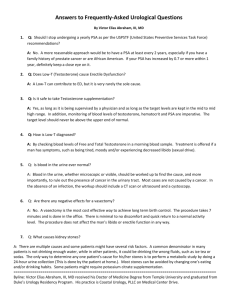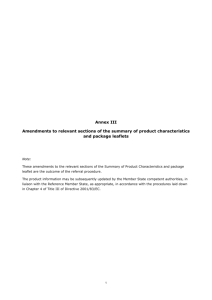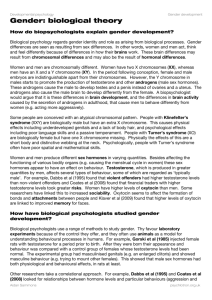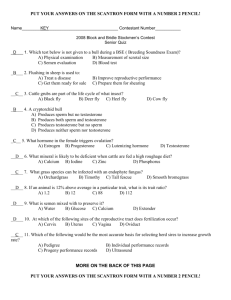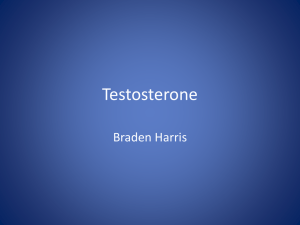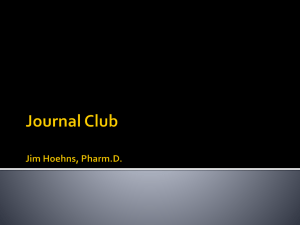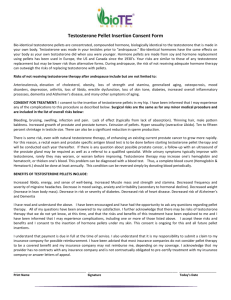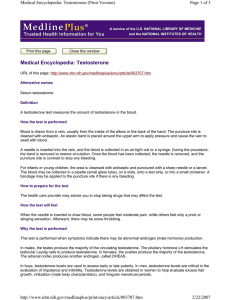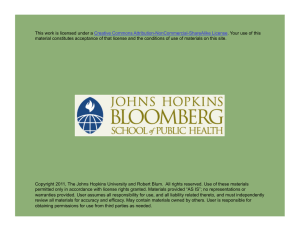Thesis Statement
advertisement
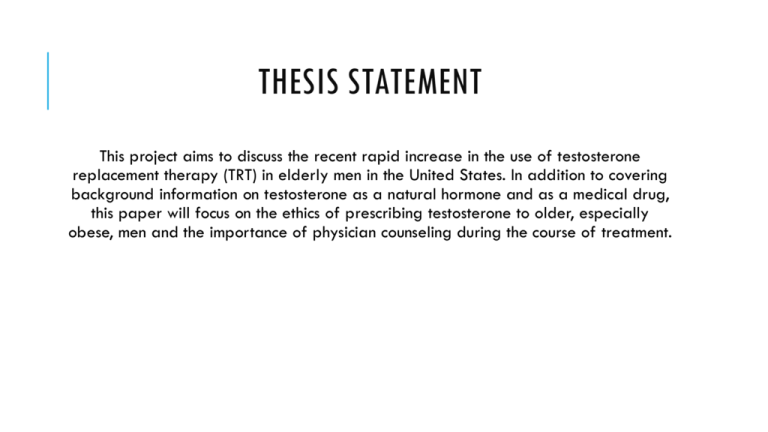
THESIS STATEMENT This project aims to discuss the recent rapid increase in the use of testosterone replacement therapy (TRT) in elderly men in the United States. In addition to covering background information on testosterone as a natural hormone and as a medical drug, this paper will focus on the ethics of prescribing testosterone to older, especially obese, men and the importance of physician counseling during the course of treatment. INTRODUCTION Today’s world: constantly bombarded with billboard and television advertisements regarding low testosterone treatment Global Industry Analysts, Inc. predicts that the TRT market will reach over five billion dollars by 2017 A giant of an industry that is continuing to grow So why is this industry exponentially growing? Is there a sudden increase in men with low testosterone in our society or could other factors be playing a role? BACKGROUND Roles of Testosterone: maintaining BMD, muscle mass, and strength decreasing body fat and BMI increasing mood, energy, cognition, and memory maintaining libido and sexual function Testosterone levels naturally decrease as one ages “Normal” level of total testosterone: ranges from 250-1200 ng/dL Symptoms are reproducible at a given level Effect of the degree of change in testosterone levels Genetic polymorphisms at the androgen receptor protein Free vs. Bioavailable vs. Total Testosterone Levels Adverse effects: acne, gynecomastia, erythrocytosis, and edema Reversible and not particularly life-threatening Serious cardiovascular adverse effects? No rigorously designed double-blind, placebo-controlled studies yet DISCUSSION Physician Counseling: Extremely important, yet unfortunately lacking Ease and convenience of writing a script for testosterone supplementation rather than thoroughly considering differential diagnosis Patients not thoroughly counseled about the risks and side effects Portion of patients that actually truly need TRT injury/loss of the testicles, genetic abnormalities, pituitary gland dysfunction, etc. Obesity’s effect on the TRT industry 35% of our population is obese Obesity: fatigue/tiredness, low confidence/self-esteem, decreased libido, erectile dysfunction, and decreased muscle mass Adipose tissue: aromatase enzyme CONCLUSION Multi-billion dollar industry: dependent on obesity? Patients with recurring complaints: tired, weak, no sex drive… annoying and frustrating very quickly for physicians many have little self-discipline especially with diet and exercise What is my ethical responsibility as a future physician? Ease of just writing a script vs. thorough diet and exercise counseling More money and resources into fields like nutrition and exercise education Stop temporarily treating the downstream effects of an underlying problem Better rapport = better relationship with patients = higher likelihood for compliance Positive effect of narrative medicine
